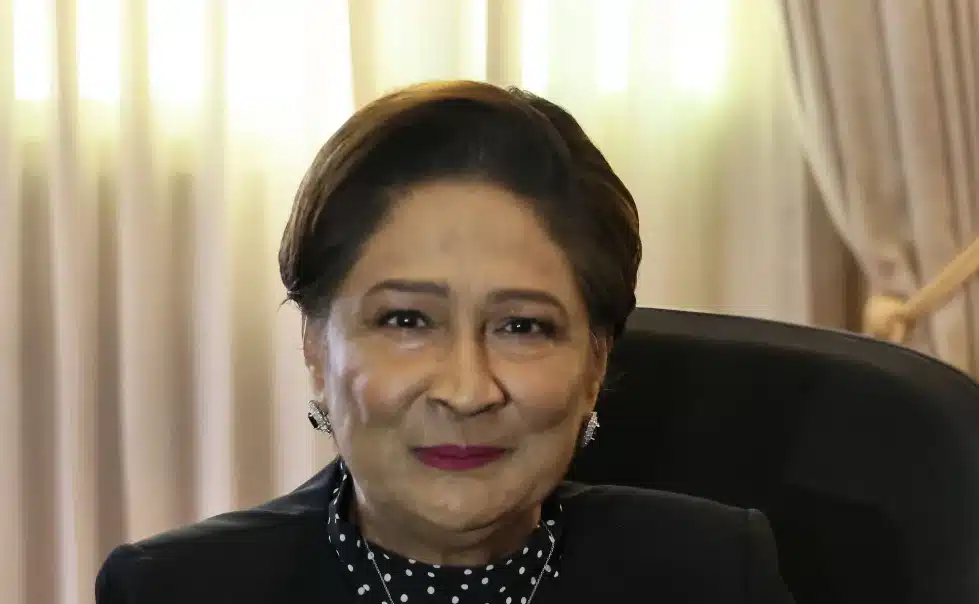The United National Congress (UNC) and Trinidad and Tobago Prime Minister Kamla Persad-Bissessar have strongly denied allegations made by St Vincent and the Grenadines Prime Minister Dr. Ralph Gonsalves, who claimed that UNC operatives were attempting to influence the upcoming Vincentian general election.
Speaking via her official X account, Persad-Bissessar dismissed the accusations as “unfounded and misleading.” She argued that Gonsalves was deflecting from his own record, remarking:
“It is ironic that a man whose family obtained access to three luxury apartments in Trinidad including one on a favourable rent-to-own basis would seek to call others greedy. Ralph Gonsalves should account to the people of St Vincent for his 24 years in power and stop deflecting onto the UNC.”
The UNC further challenged Gonsalves to identify the alleged operatives or cease misleading Vincentian citizens. The party emphasized that ongoing investigations into the acquisition of three Victoria Keyes apartments by Gonsalves’ wife and children are “entirely unrelated to the elections.” These probes, launched by Trinidad’s Housing Development Corporation (HDC), aim to determine whether fraudulent declarations were made, verify the source of funds, and examine how Gonsalves’ daughter obtained a rent-to-own arrangement just two days after Trinidad’s April 2025 general election.
Gonsalves had earlier alleged at a Unity Labour Party rally in Canouan that financiers linked to the UNC were present in St Vincent to support the opposition New Democratic Party. He claimed, “The money men! Many of the money men behind the UNC have an interest in St Vincent and the Grenadines”.
In its rebuttal, the UNC accused Gonsalves of fueling regional tensions and warned against what it described as a growing trend of “cross-border political meddling.” The party stated: “The UNC does not engage in that type of deplorable and disreputable conduct. The choice of a leader for St Vincent and the Grenadines is solely for the people of that country.”
The statement concluded with a warning that continued interference by Caribbean leaders could undermine CARICOM unity: “If Caribbean Prime Ministers continue cavorting around the region and interfering in the affairs and elections of member states, it is only a matter of time before CARICOM implodes.”
This exchange highlights escalating tensions between the Vincentian and Trinidadian leaderships, with allegations of corruption and interference intertwining regional politics and domestic electoral campaigns.





